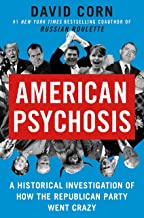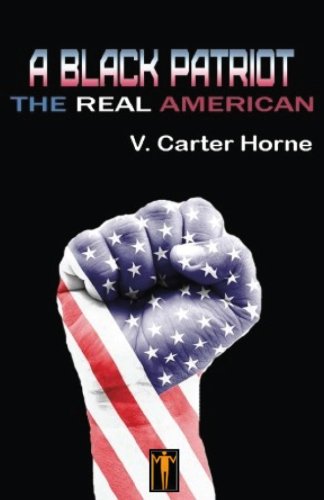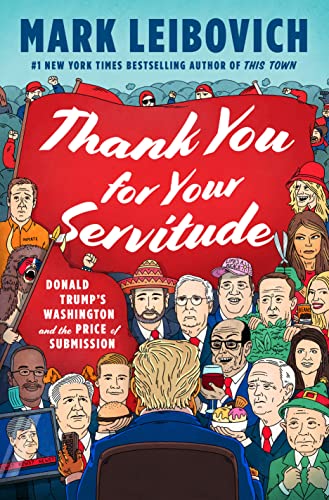"Great artists suffer for the people." (Marvin Gaye)
A lot of ink has been spilled covering the lives of history's most influential figures, but how much of the forest is lost for the trees? In Charles River Editors' American Legends series, listeners can get caught up to speed on the lives of America's most important men and women in the time it takes to finish a commute, while learning interesting facts long forgotten or never known.
Among the many stars gathered by Berry Gordy's Motown Records during the latter half of the 20th century, one of the most famous and successful was Marvin Gaye, even though the rigidity of the studio's operating procedures constantly collided with his capacity for stubbornness and insistence that he be given the independence to pursue his own artistic vision. Of course, it's easy to see it from both sides; despite the ceaseless thread of masterpieces emerging from Motown studio artists (many of them performed and recorded by Gaye), it might also be said in his defense that as part of the record company's mission statement, Motown operated in a state of near artistic lockdown where creative input by the artist was concerned. Unapologetically hit-driven, Motown measured success almost solely by chart rankings and units sold, and it naturally avoided any alteration of old formulas that produced results, all of which made Motown the epitome of an efficiently run music entertainment provider. As Marvin Gaye learned, however, it was not the place in which to nourish his thirst for creative freedom and innovation.













